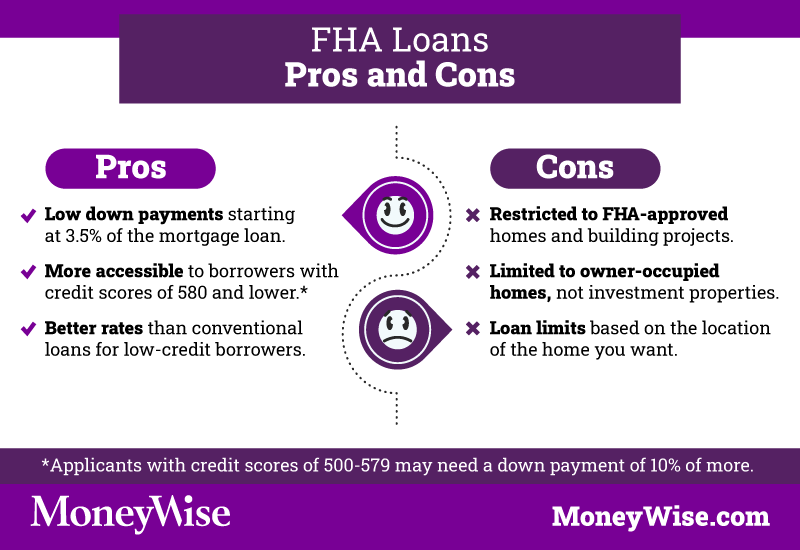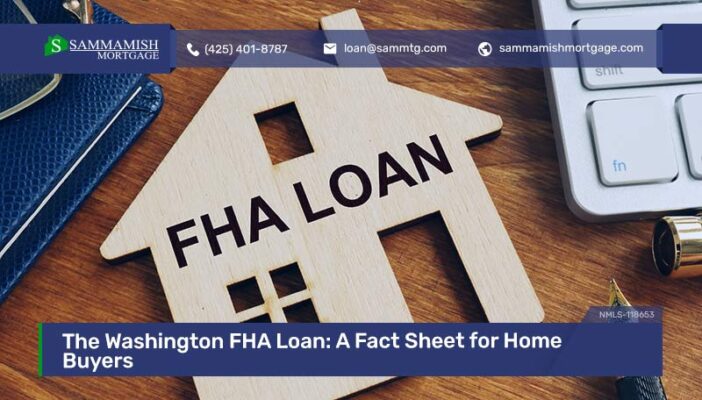FHA Home Loans: Your Guide to Reduced Down Payment Mortgage Alternatives
FHA Home Loans: Your Guide to Reduced Down Payment Mortgage Alternatives
Blog Article
The Ultimate Resource on Home Loans: An Extensive Check Out Various Car Loan Programs and Their Advantages for Debtors
Browsing the landscape of home fundings can be a difficult task, especially with the myriad of choices offered to possible customers. Each loan program-- be it traditional, FHA, VA, or USDA-- uses distinctive advantages that cater to differing economic situations and homeownership objectives.
Recognizing Traditional Finances
Conventional finances stand for a significant portion of the home financing market, interesting a broad range of customers due to their organized terms and affordable rate of interest prices. These car loans are usually not insured or ensured by the federal government, distinguishing them from government-backed car loans such as FHA or VA finances. Rather, conventional finances are provided by personal lenders, which permits better adaptability in terms.
Generally, traditional finances come in 2 types: adjusting and non-conforming. Conforming finances comply with the standards set by Fannie Mae and Freddie Mac, consisting of limitations on lending quantities, consumer credit report scores, and debt-to-income proportions. Non-conforming lendings, on the various other hand, do not fulfill these standards and may deal with borrowers with special monetary scenarios.
Borrowers often find that standard finances supply eye-catching alternatives for deposits, with some requiring as little as 3% down. In addition, those with strong credit scores profiles may gain from lower rates of interest compared to other choices. Overall, standard car loans are a feasible choice for many buyers, using a blend of price and ease of access in the competitive housing market.
Exploring FHA Financing Perks
A substantial variety of property buyers turn to FHA financings as a result of their appealing benefits, especially for those that may face difficulties safeguarding conventional financing. The Federal Housing Management (FHA) insures these finances, making them easily accessible for borrowers with reduced credit scores and smaller deposits. Usually, FHA finances require a down settlement of simply 3.5% for those with credit report of 580 or greater, considerably decreasing the in advance price of purchasing a home.
In addition, FHA loans have flexible credentials requirements that suit a wider variety of monetary circumstances. This includes allowances for greater debt-to-income ratios, enabling debtors with existing financial debts to get funding (FHA home loans). Moreover, FHA lendings also permit using gift funds from member of the family or organizations to cover down repayment and closing costs, relieving the monetary problem on buyers.

Benefits of VA Loans
VA lendings offer numerous benefits for eligible veterans, active-duty service participants, and specific members of the National Guard and Gets. One of one of the most substantial benefits is the absence of a deposit need, allowing customers to fund 100% of the home's value. This function makes homeownership more accessible for those who have served in the armed force.
Additionally, VA lendings do not need exclusive mortgage insurance (PMI), which can conserve consumers significant monthly expenses contrasted to conventional finances. The rate of interest on VA loans are generally less than those of various other loan kinds, better enhancing cost. VA fundings come with versatile credit report needs, making them an appealing option for people who may have less-than-perfect credit score histories.
One more trick advantage is the choice for professionals to obtain desirable finance terms, consisting of the opportunity of re-financing with the Streamline Refinance option, which can decrease monthly settlements. VA fundings offer a special function of assumability, allowing future customers to take over the financing under the exact same terms, which can be a selling point when marketing the residential or commercial property - FHA home loans. On the whole, VA car loans provide necessary benefits that provide particularly to the demands of military employees and their families
Insights Into USDA Loans
Exploring the benefits of USDA lendings reveals a viable financing option for homebuyers in suv and country areas. The United States Department of Farming (USDA) provides these finances to promote homeownership, particularly targeting low to moderate-income family members. Among one of the most considerable advantages is the no deposit requirement, making it easier for qualified purchasers to buy a home without the worry of a considerable preliminary investment.
USDA finances additionally feature competitive rate of interest, which often lead to lower monthly settlements contrasted to standard financing. Additionally, these loans do not call for private home Find Out More mortgage insurance coverage (PMI), more lowering the general price of homeownership. Borrowers can finance not only the acquisition price yet also shutting costs, making it an appealing choice for those with restricted monetary sources.
Qualification for USDA fundings is determined by income limitations, which vary by location and household size, ensuring that help is guided to those who need it most. With adaptable credit score requirements, USDA financings come to a broader series of applicants, cultivating community development and security in suburban and rural areas. Overall, USDA finances represent a necessary device for promoting equity in real estate opportunities.
Comparing Finance Programs

Standard car loans are usually appealing because of their versatility and the possibility of preventing home loan insurance policy with a greater deposit. On the other hand, FHA lendings offer chances for debtors with reduced credit report and smaller deposits, making them available for new customers. VA finances attract attention for experts and active-duty service participants, supplying desirable terms such as no deposit and competitive rate of interest.
USDA car loans especially deal with rural homebuyers, advertising budget friendly real estate in much less populated locations with absolutely no down payment alternatives. Each program has certain qualification criteria, consisting of income constraints and home area restrictions, which should be thoroughly evaluated.
Ultimately, conducting a complete comparison of financing programs includes examining rate of interest, finance terms, and closing costs, together with individual economic conditions. FHA home loans. This critical strategy find this will empower customers to make educated choices that straighten with their lasting financial objectives
Conclusion
Finally, an understanding of different home loan programs is essential for possible borrowers looking for to make educated decisions. Each finance type, consisting of traditional, FHA, VA, and USDA, supplies distinct benefits tailored to specific monetary circumstances and requirements. By assessing the distinct benefits of these alternatives, individuals can choose one of the most appropriate car loan that straightens with their homeownership goals, inevitably facilitating a more easily accessible path to attaining homeownership and financial security.
These loans are generally not insured or ensured by the federal government, differentiating them from government-backed fundings such as FHA or VA finances. Conforming finances stick to the standards established by Fannie Mae and Freddie Mac, including limits on lending quantities, borrower credit report ratings, and debt-to-income ratios.Passion prices on FHA loans tend to be competitive, providing debtors with lower monthly payments contrasted to conventional car loans.Furthermore, VA Extra resources financings do not need personal home loan insurance policy (PMI), which can conserve borrowers considerable monthly prices contrasted to standard financings. VA loans offer a special attribute of assumability, permitting future purchasers to take over the funding under the same terms, which can be a marketing point when marketing the building.
Report this page